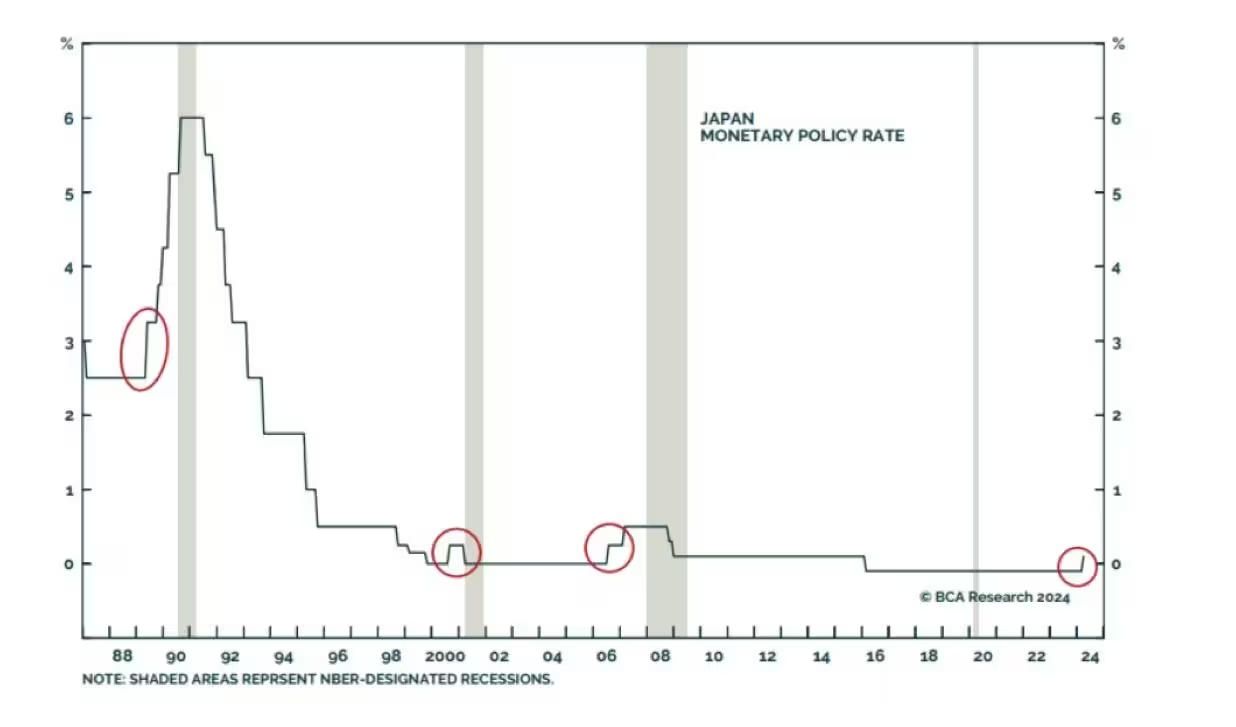Over the past 24 hours, the crypto market has witnessed a severe downturn, with Bitcoin’s price tumbling down 15% to a low of $49,000 on Binance (BTC/USDT), marking a significant departure from its $70,000 high last week—a 26% crash. Similarly, Ethereum (ETH) plunged 39% from $3,400 to $2,100. This downward trend was not isolated but echoed across the altcoin spectrum, which experienced even steeper declines.
#1 Recession Fears Cause Bitcoin Crash
The initial spark for the current market volatility appears to stem from intensifying fears of a US recession, triggered by unexpectedly weak US job market data on Friday. The July report showed a gain of only 114,000 jobs—significantly below the Wall Street prediction of 175,000. This was the weakest job growth since December of the previous year and nearly the lowest since the start of the COVID-19 pandemic in March 2020.
Charles Edwards of Capriole Investments remarked via X, “Every single time the unemployment rate turns up as it has today, we have a recession. Just as the Fed was too slow to tighten in 2021, it looks like they were too slow to ease in 2024.”
Further compounding the market’s nervousness was the revelation that Warren Buffett’s Berkshire Hathaway sold about 50% of its Apple holdings. This sell-off by one of the world’s most watched investors was interpreted as a move to hedge against potential market downturns, considering Berkshire Hathaway disclosed holding a record $277 billion in cash in its Q2 report.
Related Reading
Additionally, the Bank of Japan’s decision to raise its key interest rate to about 0.25% from a range of zero to about 0.1% has had significant implications. This rate hike, the second since 2007, sent shockwaves through the financial sectors globally. Historically, rate hikes by the Japanese central bank have been precursors to global recessions. Following the announcement, the Nikkei experienced its largest 2-day drop in history, surpassing even the declines seen on Black Monday in 1987.
Nick Timiraos, often referred to as the “Fed’s mouthpiece” and a reporter for the Wall Street Journal, revealed, “Goldman Sachs says there are good reasons to think the rising unemployment rate in the weak-across-the-board July payroll report is less fearsome than normal…But raises its recession-probability-tracking odds to 25% from 15%.”
Goldman Sachs…
Click Here to Read the Full Original Article at NewsBTC…
























